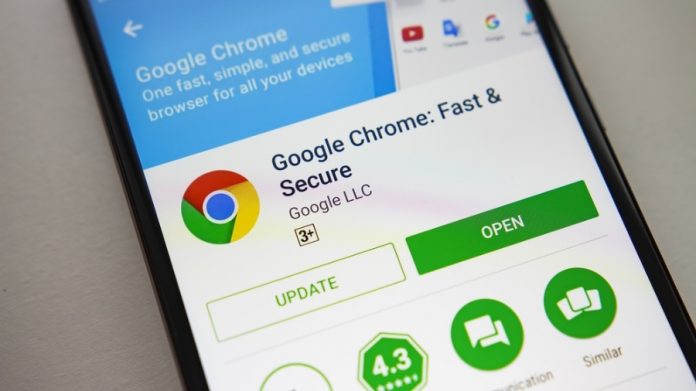Google has finally patched a privacy vulnerability in its Android Chrome web browser. This is responsible for exposes users’ device model and firmware version.
Shafranovich said,
“While Android does offer the ability to override these (via WebSettings.setUserAgent() in WebView), most applications choose not to do that to assure compatibility by relying on the default header”.
“For many devices, this can be used to identify not only the device itself but also the carrier on which it is running and from that the country.”
This privacy issue can also be used to determine the security patch level on the device and vulnerabilities the device is vulnerable to, which attackers can exploit in a targeted fashion.
However, a separate user on Google’s Chromium forum filed a new bug report earlier this year. Google has now partially addressed the issue with the release of Chrome 70 in October 2018 after the event.
“Also, unlike the desktop Chrome, on Android no extensions or overrides are possible to change the header other than the “Request Desktop Site” option on the browser itself for the current session”.
“Both the vendor and MITRE refused to issue a CVE number to track this issue since they do not consider it to be security related”
Shafranovich believes that all versions of Chrome for Android especially to version 70 are affected by the vulnerability.







